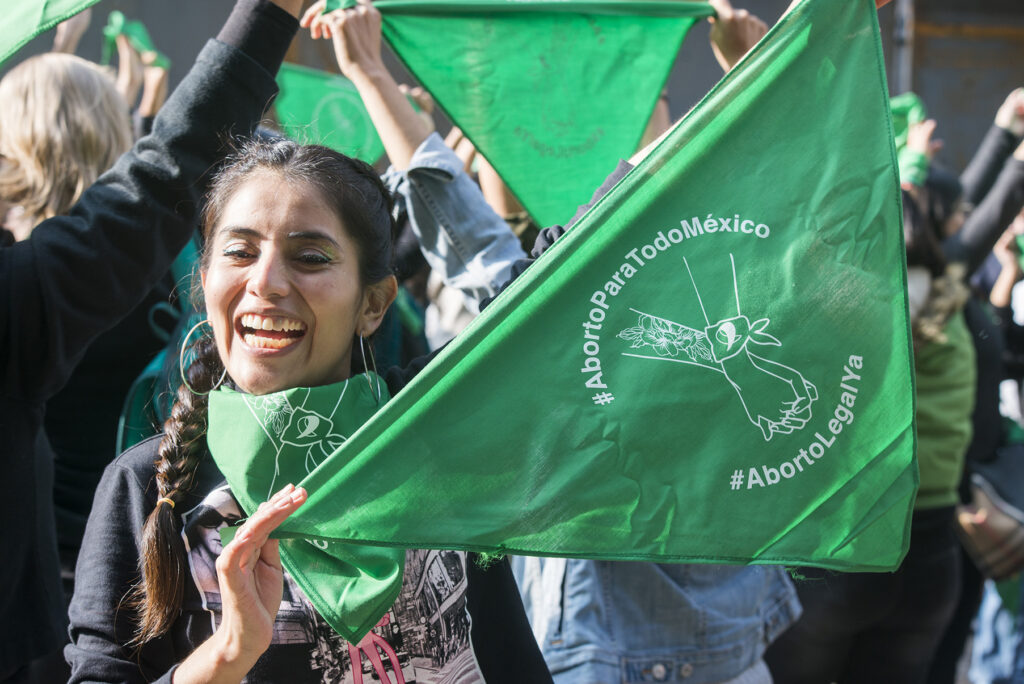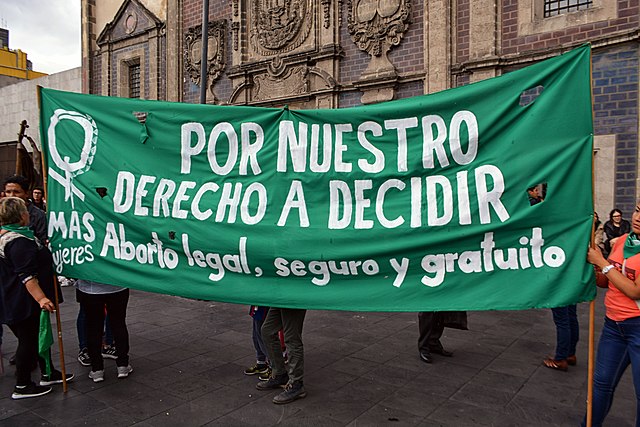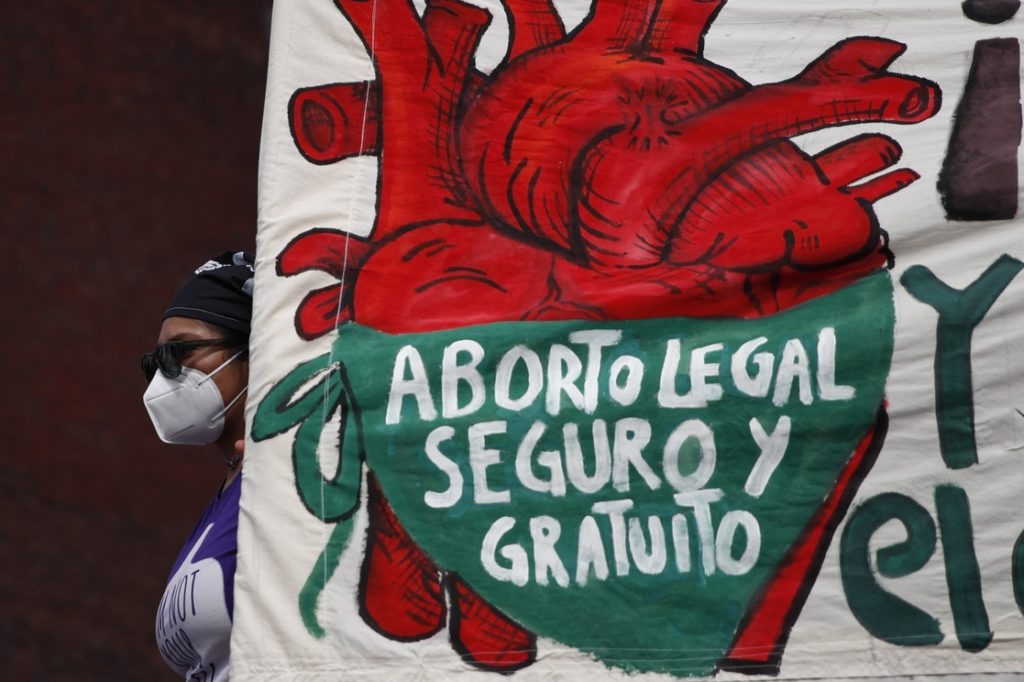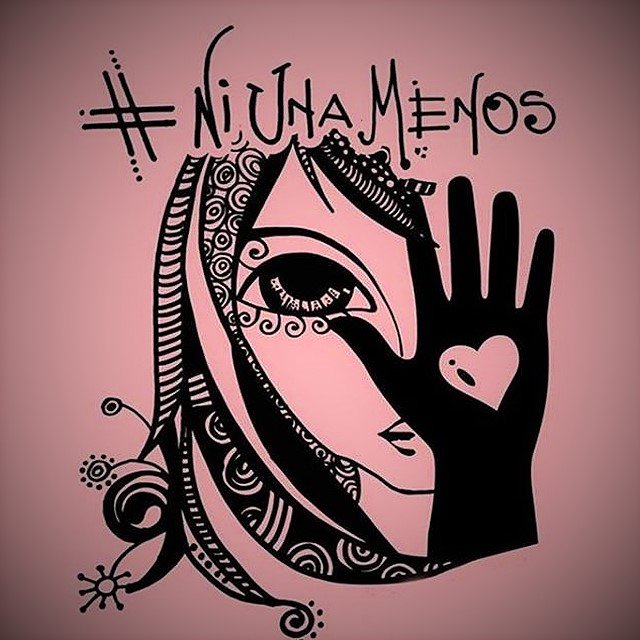
In the same week that Mexico’s two major political parties nominated women to run for President, nearly assuring that Mexico’s next President will be a woman, Mexico’s Supreme Court ruled that abortion as a federal crime violates Mexico’s Constitution: “The legal system that penalises abortion in the Federal Criminal Code is unconstitutional since it violates the human rights of women and people with the ability to carry a fetus”. This decision builds on a 2021 decision that decriminalized abortion in the state of Coahuila, a state that ironically or tragically or both shares a border with the United States, specifically with Texas. As the Washington Post succinctly put it, “Mexican court expands access to abortion, even as U.S. restricts it.”
The Supreme Court case came as a result of a suit last year, filed by el Grupo de Información en Reproducción Elegida, GIRE, the Information Group for Reproductive Choice, challenging a 1931 Federal regulation. Since the 2021 decision, 12 Mexican states decriminalized abortion. This week’s ruling means that all Federal hospitals and clinics, irrespective of local laws and restrictions, must provide abortions. Women and people with the ability to carry a fetus can seek abortions without fearing prosecution. Health providers can respond to women and people with the ability to carry a fetus without fearing prosecution. The decriminalization of abortion means the end of a police state of ever impending terror and incarceration.
As both GIRE and the Supreme Court Justices freely admit, while this was a judicial decision, it emerged from years of organizing, from the Green Wave that has swept across Mexico and across the Americas, surging in Argentina, Colombia, and beyond. As Arturo Zaldivar, the former president of the Supreme Court, wrote: “The Green Wave continues to advance. All rights for all women and pregnant people!” A Green Wave continues to surge across Latin America, inspiring, invigorating, and instructing.
(By Dan Moshenberg)
(Photo Credit: GIRE)



